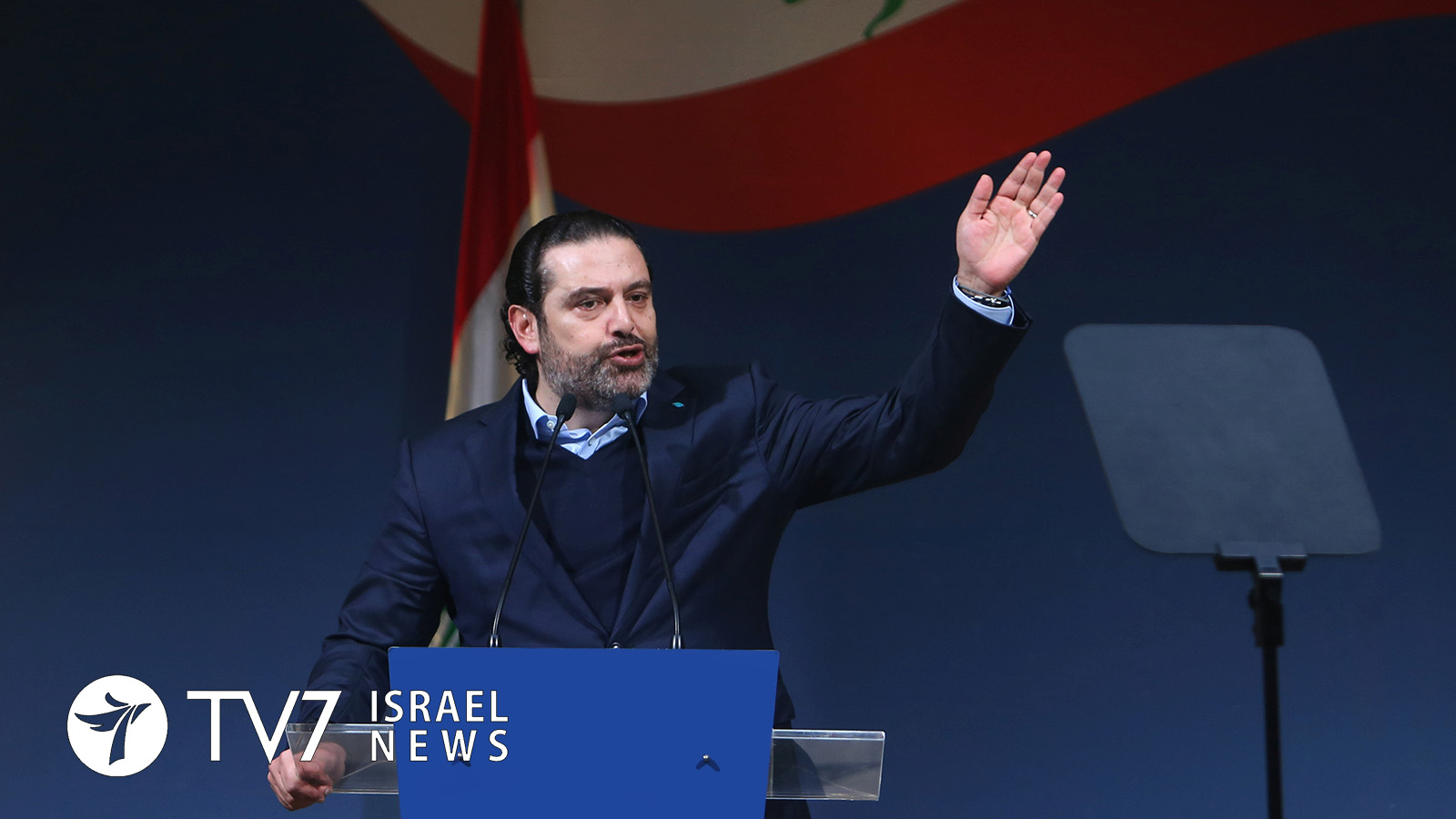Veteran politician Saad al-Hariri was appointed Lebanon’s Prime Minister for the fourth time.
The 50 year-old Sunni leader stepped down from the post almost exactly a year ago amid mass protests against the ruling elite for decades of state graft and waste.
Hariri emerged as the sole candidate for the post, which is reserved for a Sunni in Lebanon’s power-sharing system; following weeks of political wrangling that delayed the formation of the next government. He was approved by a majority of parliamentarians, including his own Future Movement, the Shi’ite Amal party, Druze politician Walid Jumblatt’s faction and other small blocs.
The armed Shi’ite Hezbollah terror group, which joined Hariri’s last coalition, did not nominate a candidate. The Iran-backed faction asserted that it would nevertheless seek “to maintain the positive climate.”
Lebanon’s two main Christian blocs did not nominate Hariri. The Free Patriotic Movement, led by the son-in-law of Lebanese President Michel Aoun, insisted that Hariri would not be capable of leading a technocrat government. The Lebanese Forces, which is the country’s second largest Christian alliance and staunch Hezbollah opponent, also declined to name him.
Hariri pledged to form a new government to tackle the country’s worst crisis since its 1975-1990 civil war, saying, “I tell the Lebanese who are suffering from hardships to the point of despair that I am determined to work to stop the collapse that is threatening our economy, our society and security.”
Hariri also declared that he will quickly form a cabinet of specialists to bring in economic and financial reforms set out in a proposal by French President Emmanuel Macron to qualify for foreign aid. Former colonial power France has tried rallying Lebanon’s sectarian leaders, but has been frustrated by the apparent lack of urgency or progress. The returning Lebanese Premier, who has long been aligned with Western and Gulf states, has presented himself as the “natural candidate” to build a cabinet to revive the French roadmap, which calls for long-neglected reforms and the resumption of talks with the International Monetary Fund.
Fractious sectarian politics must be overcome in order to reach agreement on the country’s next cabinet, which faces a rising list of challenges to resolve the banking crisis, currency crash, soaring poverty, national debt and a surge in coronavirus infection rates.
The new government will also have to contend with ongoing fallout from the August explosion at the Beirut Port that killed nearly 200 people, caused billions of dollars of damage and prompted the resignation of the last administration.
Despite a slight strengthening of the Lebanese pound on Thursday, which has lost nearly 80% of its value against the dollar, Hariri’s return has not inspired much visible hope. “Even if they bring a divine prime minister down from the sky, a government in Lebanon would not work, because fundamentally, there’s no state,” shop owner Adnan told Reuters, speaking in the Tariq al-Jadida neighborhood of Beirut where the Hariri political dynasty has long been viewed as influential. Another resident of the capital, Marwa Hodeib, commented, “I think we might all leave the country and they’ll still be here.”
United Nations Special Coordinator for Lebanon Jan Kubis echoed these sentiments. While cautioning “traditional political forces” that the country cannot survive without an effective government, he tweeted: “Do not count on miracles, foreign elections or external donors – the rescue must start in Lebanon, by Lebanon.
